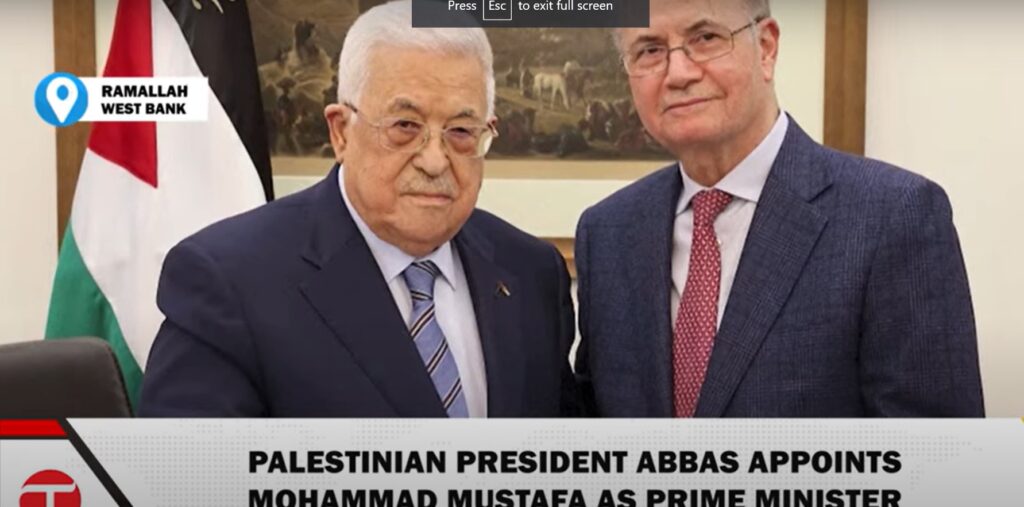Specifically, there is uncertainty surrounding the identity of the governing body that will oversee Gaza in the aftermath of the conflict.
Prime Minister Netanyahu has made it clear that neither Hamas nor the Palestinian Authority (PA) are desirable options for governing Gaza.
Reports from political sources in Jerusalem indicate a significant disagreement between Prime Minister Netanyahu and Defense Minister Galant on this matter.
While the Defense Minister advocates for allowing the PA to deploy armed security forces into Gaza, Prime Minister Netanyahu remains skeptical.
He argues that the PA, has not demonstrated a commitment to combatting terrorism or preventing incitement against Israel.
In addition to these concerns, there are inherent challenges that hinder the PA’s ability to effectively govern Gaza:
- Security Weakness: The PA has struggled to maintain security control in northern Samaria, casting doubt on its capacity to govern Gaza effectively.
Mahmoud Abbas and his administration lack the motivation to combat terrorism, as evidenced by their track record in Judea and Samaria.
- Leadership Crisis: The PA’s leadership crisis further complicates its ability to govern Gaza. Economic sanctions imposed by Mahmoud Abbas in 2018 have exacerbated tensions between the PA and Gaza residents, who view the authority as corrupt and dictatorial. Public opinion polls indicate widespread dissatisfaction with Abbas’s leadership, with over 80% of Palestinians calling for his resignation.
- Legitimacy Issues: Within Gaza, the PA lacks legitimacy among the population. Marwan Barghouti, a figure with considerable street credibility, remains a divisive figure, albeit one disliked by Israel due to his involvement in terrorist activities. However, releasing Barghouti from prison, where he is serving multiple life sentences, is not a viable option for Israel.
Given these challenges, Israel must make a decision regarding the governance of Gaza. A temporary solution involving an Israeli military government with a Palestinian civilian administrator, subject to Israeli oversight and mentorship, could provide a transitional framework. This approach would require coordination with the American administration and a commitment to holding general elections in the future.
In the interim, Israel should focus on dismantling Hamas’s military and civilian infrastructure in Gaza while awaiting the outcome of upcoming presidential elections. This strategy would lay the groundwork for a more stable and sustainable governance structure in the Gaza Strip.




